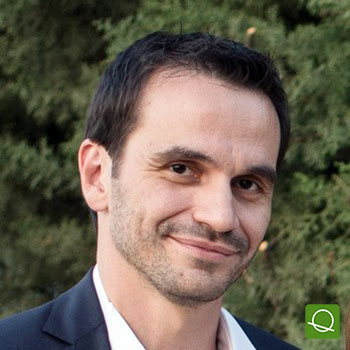
George Siogkas
CVRLab Ltd, consulting Panasonic Automotive Europe
County Galway, Ireland
Dr. George Siogkas received his PhD in Electrical and Computer Engineering from the University of Patras, Greece, after successfully defending his thesis on Advanced Driver Assistance Systems with Computer Vision methods in 2013.
He also holds a MEng in Electrical and Computer Engineer and a MSc in Signal and Image Processing, from the same university.
His research has mainly focused on Computer Vision and Machine Learning algorithms for the Automotive sector, but he has also worked on Pattern Recognition and Statistical Processing for Biomedical Data. His research has been published in major International Journals and peer reviewed conferences.
His professional experience is diverse and spans from the academic world to the industry. In academia, among other positions, he served as the Head of the Engineering department and senior lecturer of New York College, Athens, Greece.
In the industry, he worked as a Senior Algorithm Engineer for Valeo Vision Systems in Co. Galway, Ireland. During his last year for Valeo, he was the algorithm lead of the Deep Learning research team.
At the end of 2016, Dr. Siogkas founded CVRLab Ltd, a Computer Vision R&D consultancy company, which is currently under a consultancy contract with Panasonic Automotive Systems Europe GmbH.

